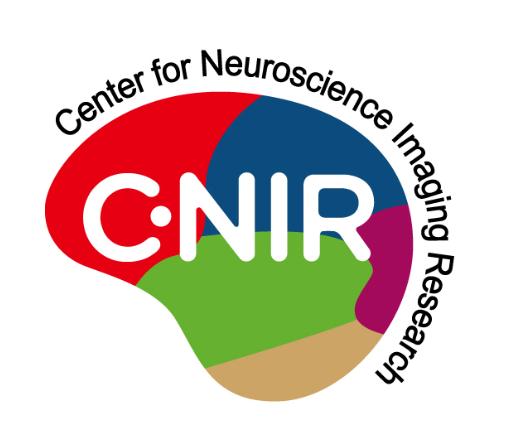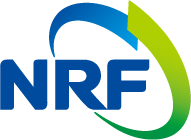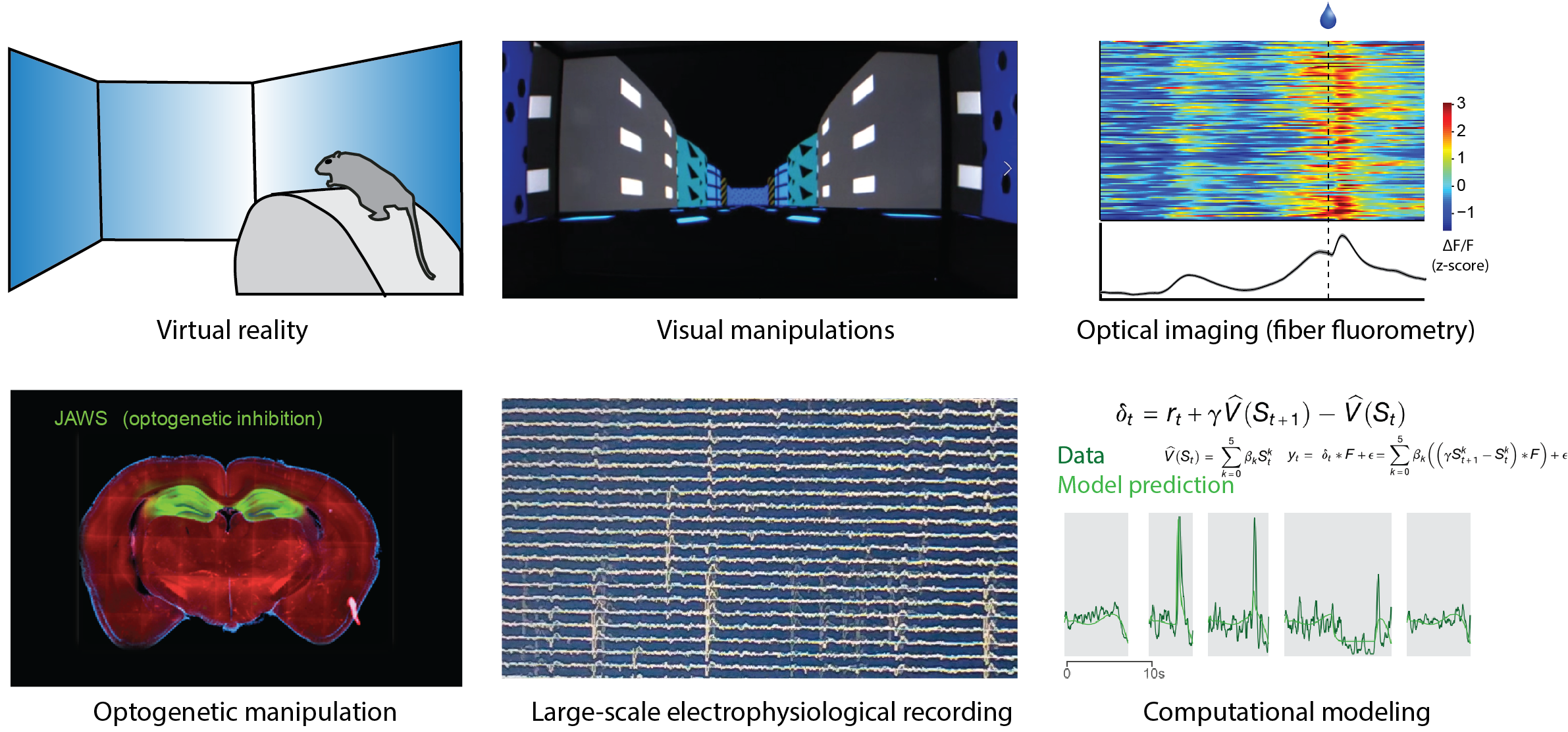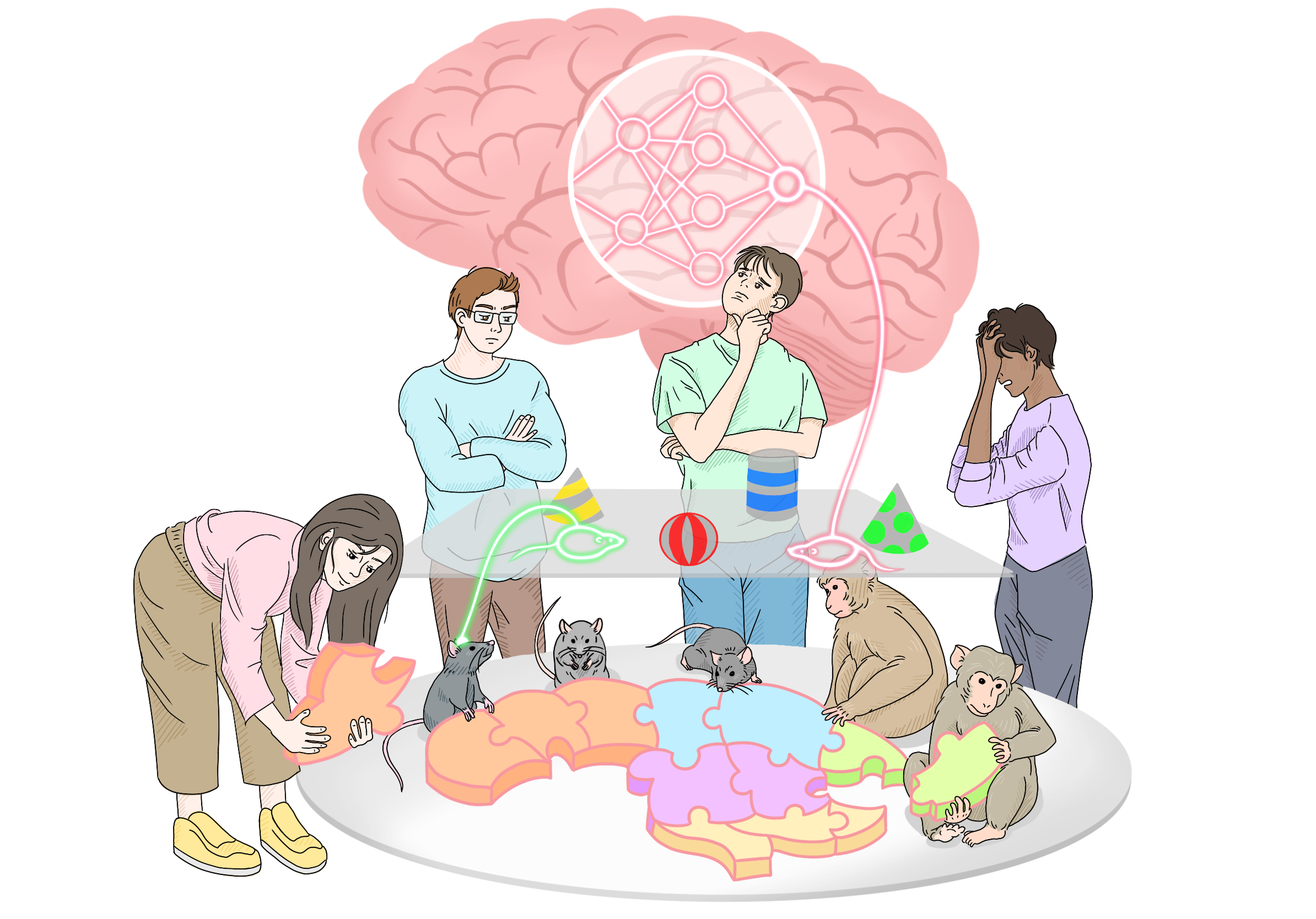We study the biological basis of learning and decision-making by monitoring, manipulating, and modeling neural activity
How do we remember something good and pursue it? How do we remember something bad and avoid it?
How do we make decisions and commit actions in complicated situations (e.g., things are uncertain)?
What are the computational causes and consequences of brain disorders?
What can we learn about how the brain works from artificial intelligence?
We address these questions by monitoring and manipulating neuronal activities in rodents🐁, NHPs🐵, and artificial neural network agents💻. We use molecular, electrophysiological, and computational methods to understand how neural activity underlies cognition and behavior.
If we figure out the essence of the brain, we can understand ourselves better - the origin of consciousness and intelligence. It will also contribute to developing treatments for mental illnesses such as addiction. Furthermore, we may apply the neural mechanisms of intelligent behaviors to improve artificial intelligence technologies.
Recent news
Aug 15, 2025 - The first manuscript based on the data collected in the lab is now on bioRxiv. Mijoo made a milestone in the lab. Congrats!
June, 2025 - HyunSu won a gold award in the undergraduate thesis presentation in the department of computer science and engineering. Congrats!
June, 2025 - A study HyungGoo participated in, entitled “Multi-timescale reinforcement learning in the brain”, was published in Nature!
Mar, 2025 - We were awarded a basic research grant entitled “Development of brain-inspired reinforcement learning based on dopamine diversity(다중 도파민 신호를 이용한 뇌기반 강화학습 알고리즘 개발)”!

Topics related to what we do in the lab.
Lab introduction video (Korean ver.)









